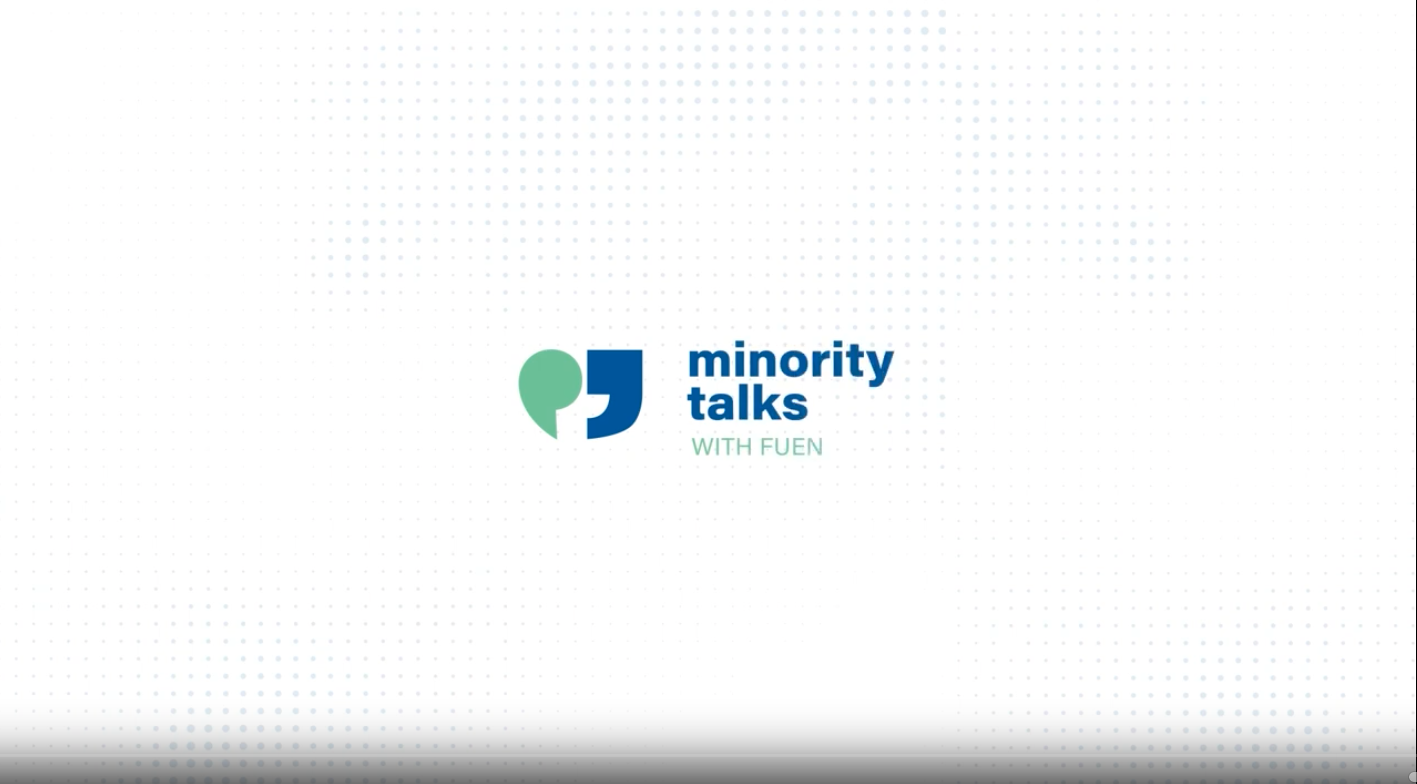
Minority Talks with FUEN debuted with a documentary on a German school in Denmark
08.07.2021Wednesday, the 30th of June 2021 saw the debut of a new FUEN project, entitled Minority Talks with FUEN. The online event, which premiered on FUEN’s Facebook channel, is a platform in which short films, documentaries and contributions that deal with various aspects of the topic of autochthonous and national minorities as well as language communities in Europe are presented. The films are followed by a discussion in which experts, policymakers talk about the topic in the context of the current situation of the minority.
The first three editions of Minority Talks focus on the education system and schools for the minority populations in the German-Danish border region. In the first episode, entitled "Insights - German Secondary School for North Schleswig in Aabenraa" viewers got to learn more about the education system, about the history of the school, the opportunities it offers, and also the students’ views on the system. The merging of Danish and German in culture, language and education and the advantages that this mixture brings to the students was also presented.
In the expert discussion which followed the documentary, former Vice-President of FUEN and spokesperson for the Education Working Group Olga Martens debated the current issues and challenges of the educational situation with Anke Tästensen from the German School and Language Association for North Schleswig and Jørgen Popp Petersen, local politician.
Anke Tästensen pointed out the special challenge of minority education, namely that the children of minorities, of the German minority in Denmark in particular, grow up from the very beginning with two languages. This cultural background of children growing up with two languages is a very important part that teachers should keep in mind while teaching the children. Already at the kindergarten, they need this special pedagogy, which continues further at school, she pointed out, adding that at the school inspectorate they have designed a new concept for languages and have reviewed the previous one, according to the newest scientific findings. This so-called „guiding thread“ starts in the nursery that children can attend from the age of 6 months, and it continues through all educational stages: nursery, kindergarten, primary school, secondary school. To assure the continuous development of the teaching staff, they have founded the Institute for the Minority Pedagogy, a cluster of scientists and practitioners, which is a highly creative body that always tries to gather new approaches, whether they come from science or from practice.
Jørgen Popp Petersen presented the perspective of smaller towns and villages, where the outward migration is strong, which leads to a smaller number of children, so institutions get closed. This is a big challenge for the German minority, because if there are not enough institutions, one has to go quite far to remain active. Mr Popp Petersen criticized the insufficient interest of politicians representing the majority on the high level. “I wouldn’t say that we are being ignored, but there is not very much publicity around our situation, and this has an effect on our identity, because, one does not see oneself represented in the big picture” – he said.
Both of the invited guests spoke highly of the excellent collaboration between the German minority in Denmark and the Danish minority in Germany, which was as good as non-existent just a few decades ago.
The first edition of Minority Talks with FUEN was presented on FUEN’s Facebook and it is now available on Youtube.
The next episode of the Minority Talks with FUEN will premiere on the last Wednesday of July and will focus on the educational system of the Frisian minority in Germany.
SAJTÓKÖZLEMÉNYEK
- What do minorities expect from the European Union? Read the FUEN EU Elections Manifesto!
- Minorities without a mother state come together in Spreewald/Błota
- Annual Conference of the FUEN Education Working Group: Focus on the primary level
- The Forum of the Regions goes to Donostia-San Sebastián
- Challenges of primary education to be discussed at the Education Working Group’s annual meeting in Helsinki
- FUEN TAG held its first online meeting in 2024
- The ongoing war in Ukraine forces the Crimean Tatars to withdraw from EUROPEADA 2024
- 100 days to UEFA EURO 2024: FUEN presented EUROPEADA at BMI’s event
- This is the beginning: minority experts from all over Europe answer FUEN's call
- Experts gather to discuss ways forward for minority protection at FUEN’s conference in Brussels














